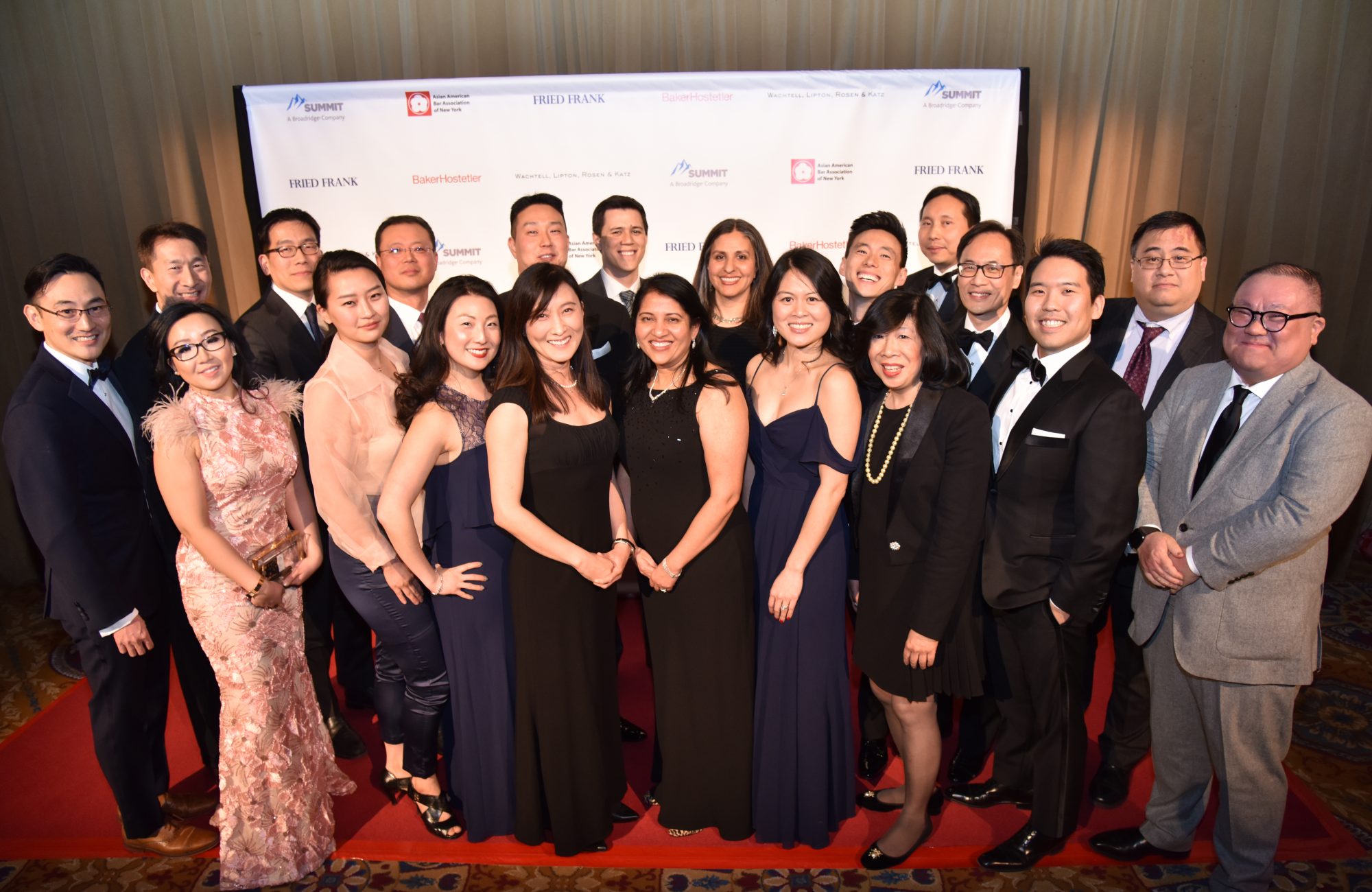FOR IMMEDIATE RELEASE
April 30, 2014
Contact: Emily Chatterjee
(202) 775-9555
NAPABA APPLAUDS CONFIRMATION OF MANISH SHAH TO FEDERAL BENCH
WASHINGTON — Today, the U.S. Senate confirmed Manish Suresh Shah to a seat on the U.S. District Court for the Northern District of Illinois by a vote of 95-0. He is the first person of South Asian descent to serve as an Article III judge in the state of Illinois and in the Seventh Circuit.
“NAPABA proudly supported the nomination of Manish Shah to the bench, and we congratulate him on his confirmation today,” said William J. Simonitsch, president of the National Asian Pacific American Bar Association (NAPABA). President Obama, Senator Kirk, and Senator Durbin should be commended for their support of Judge Shah, and for their steadfast commitment to nominating well-qualified, diverse candidates to the bench.“
Judge Shah is a long-time member of the Chicagoland community, and has devoted his career there to public service. Before joining the bench, Shah worked at the U.S. Attorney’s Office for the Northern District of Illinois since 2001. There he served as the chief of the Criminal Division since July 2012, and previously served as the chief of Criminal Appeals. Judge Shah also attended the University of Chicago Law School and clerked for Judge James B. Zagel of the Northern District of Illinois, the court which he now joins.
NAPABA applauds President Obama for this historic nomination, and thanks Senator Kirk for recommending Judge Shah. His confirmation today increases the number of active Asian Pacific American Article III judges to 23 nationwide: 4 federal appellate court judges and 19 federal district court judges. He is the third Asian Pacific American to be nominated and confirmed to the U.S. District Court for the Northern District of Illinois.
###
The National Asian Pacific American Bar Association (NAPABA) is the national association of Asian Pacific American attorneys, judges, law professors, and law students. NAPABA represents the interests of over 40,000 attorneys and 68 state and local Asian Pacific American bar associations. Its members include solo practitioners, large firm lawyers, corporate counsel, legal service and non-profit attorneys, and lawyers serving at all levels of government. NAPABA continues to be a leader in addressing civil rights issues confronting Asian Pacific American communities. Through its national network of committees and affiliates, NAPABA provides a strong voice for increased diversity of the federal and state judiciaries, advocates for equal opportunity in the workplace, works to eliminate hate crimes and anti-immigrant sentiment, and promotes the professional development of people of color in the legal profession.


